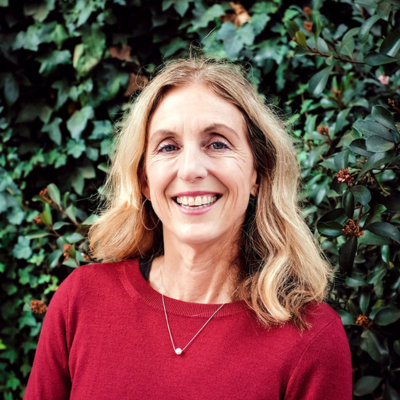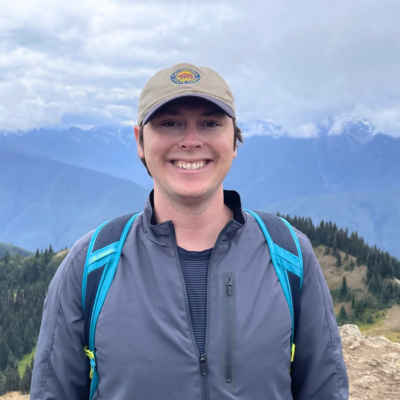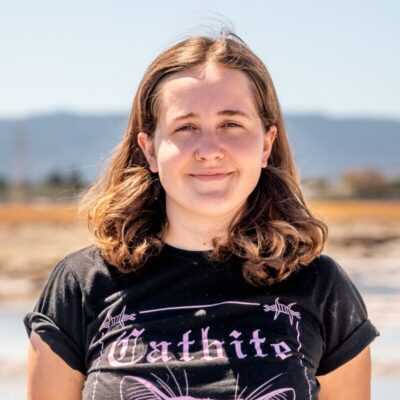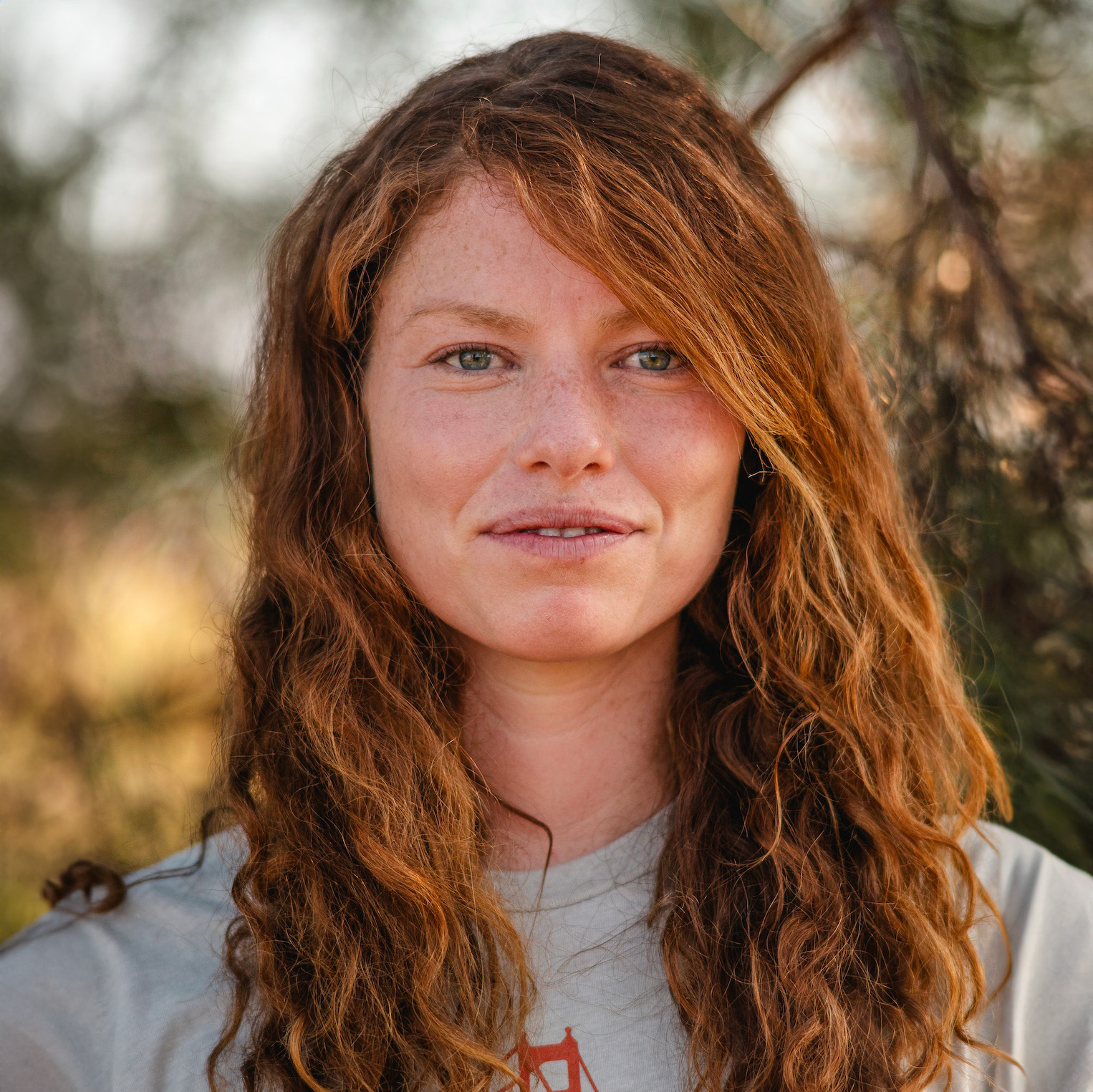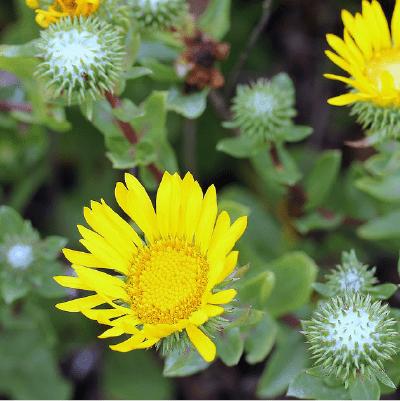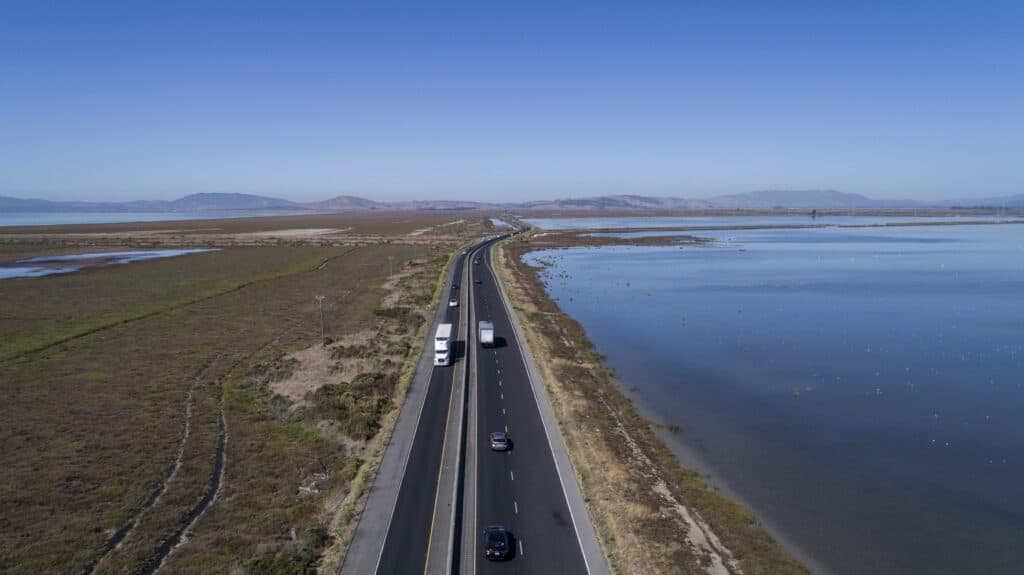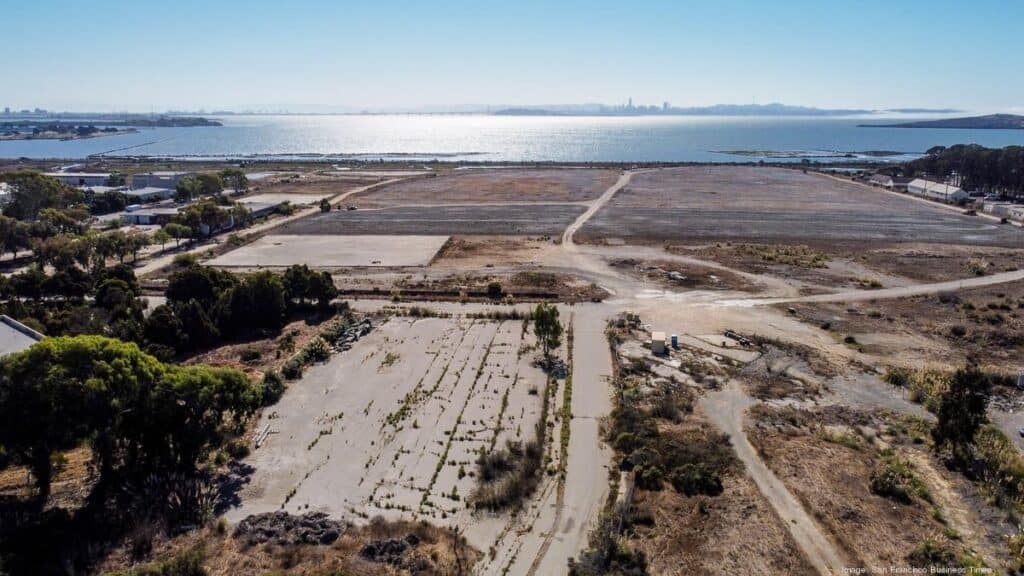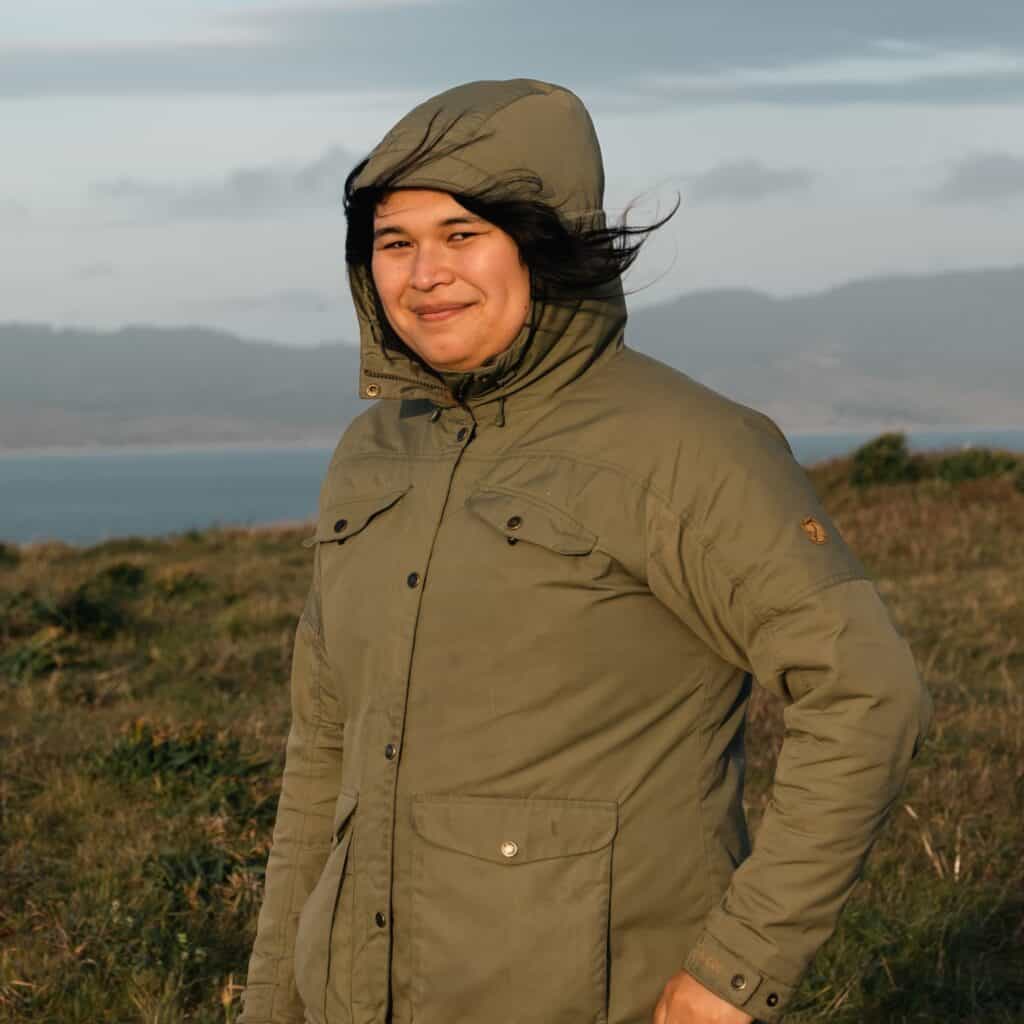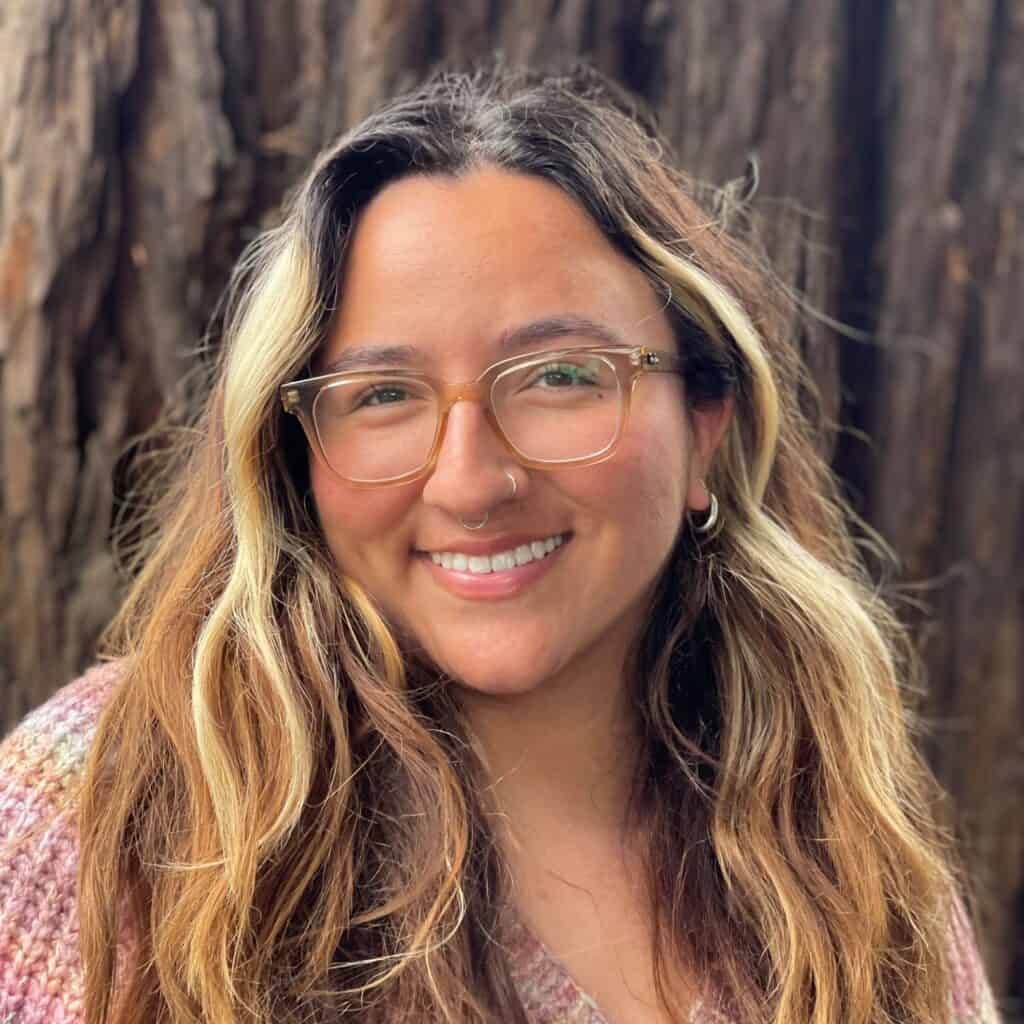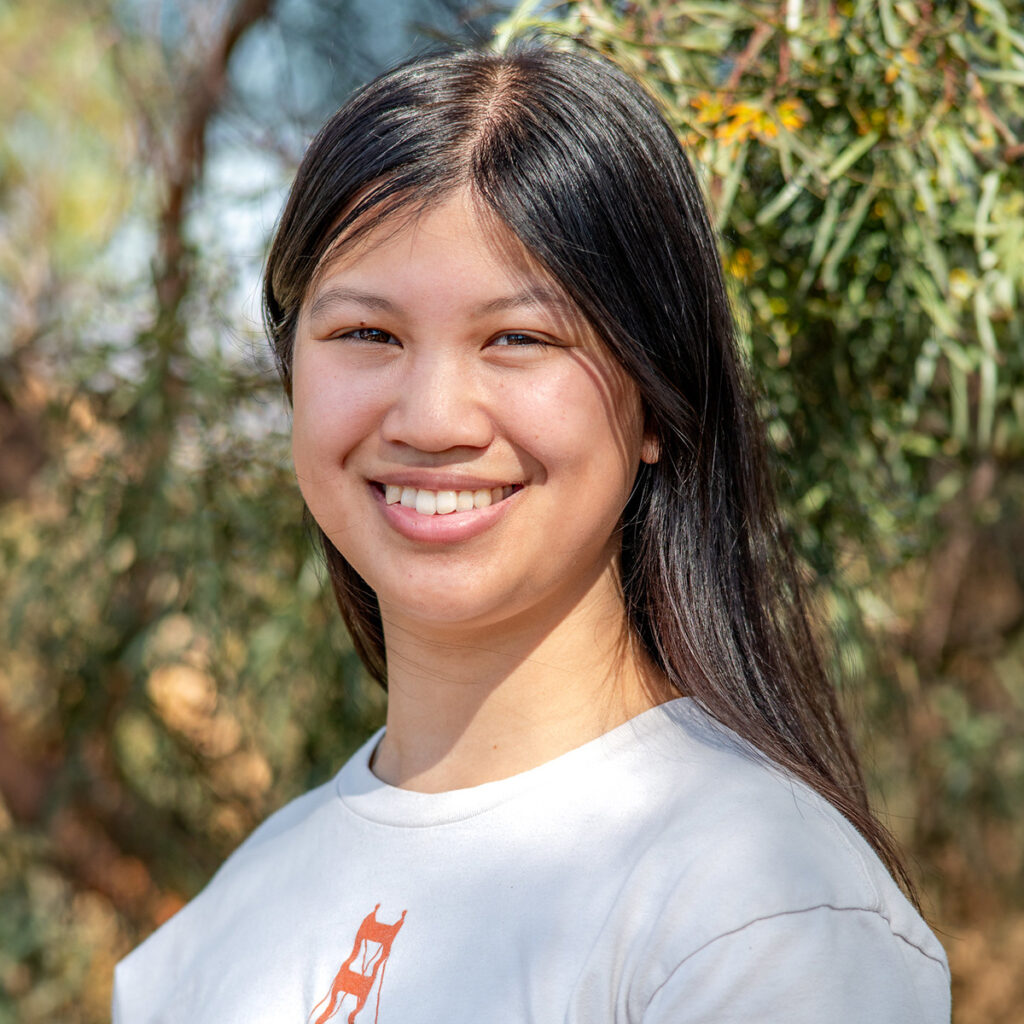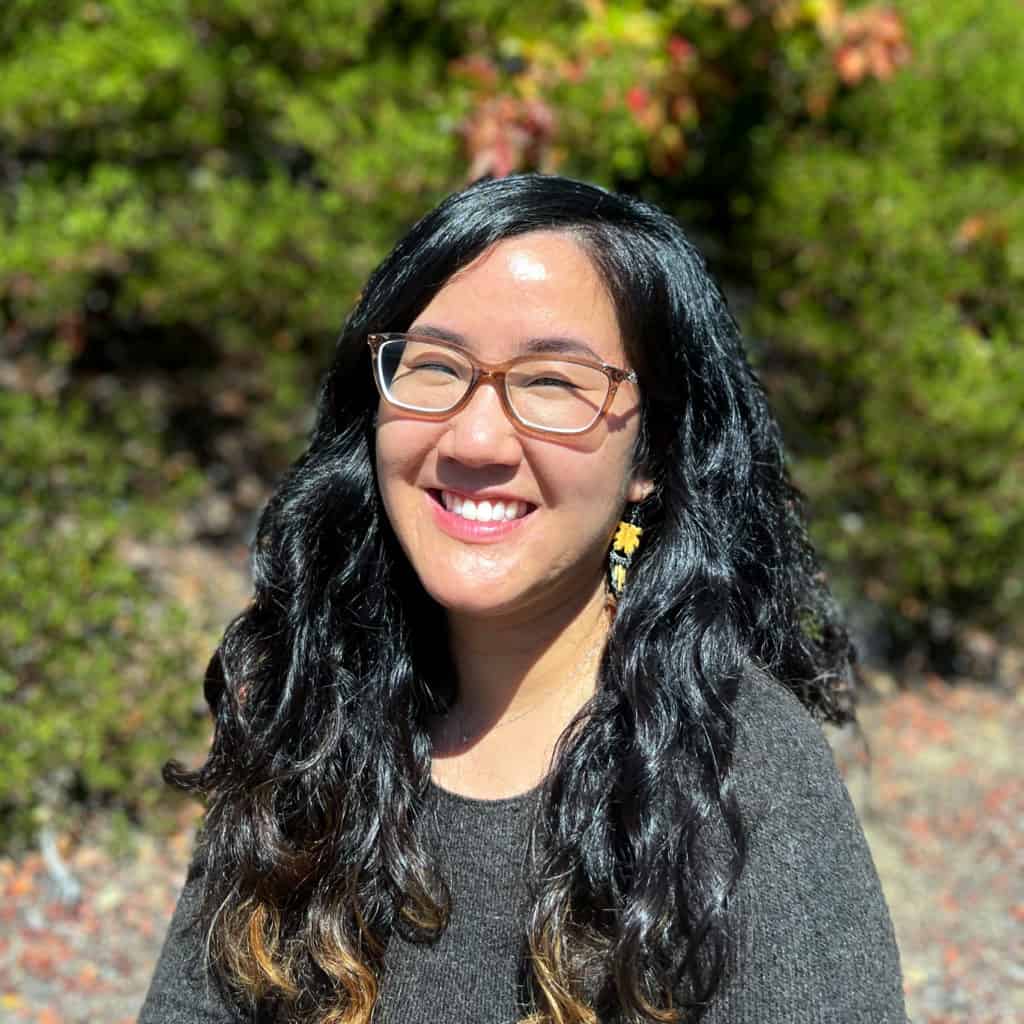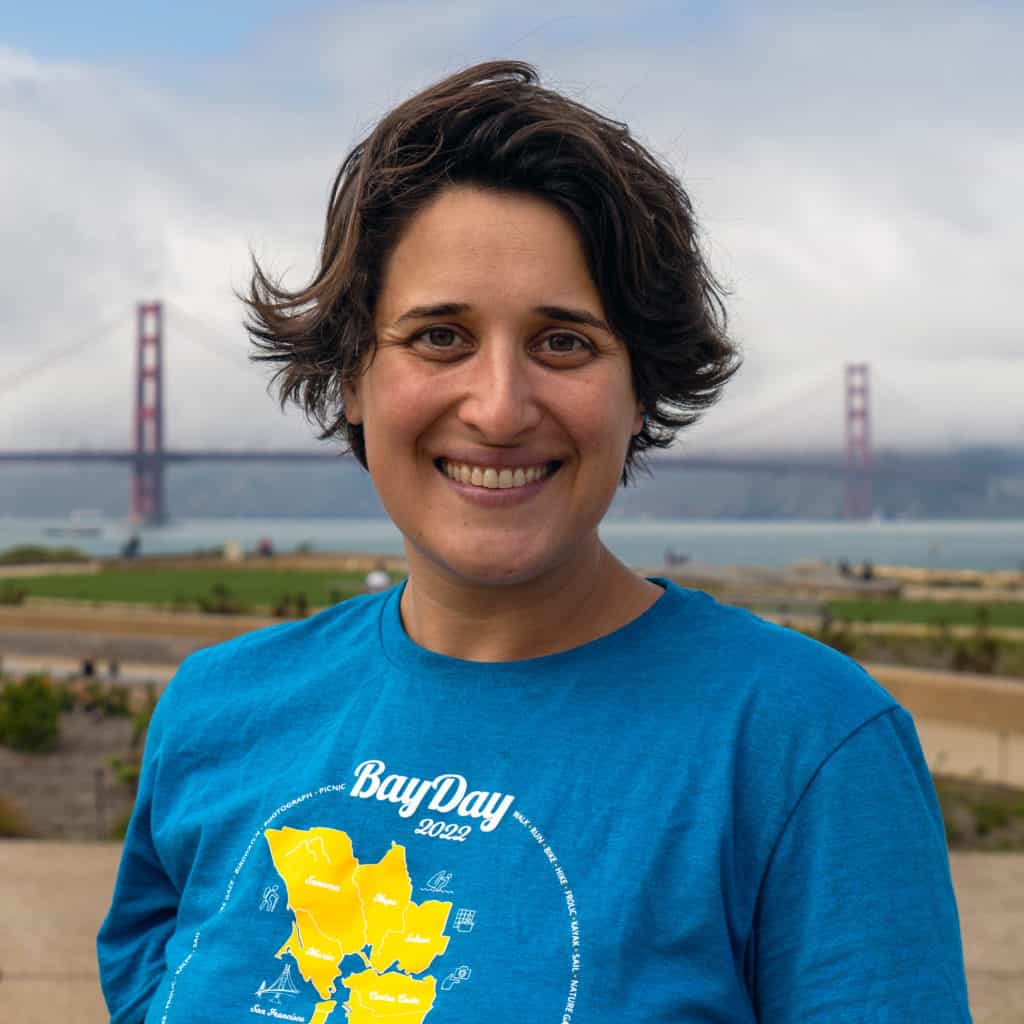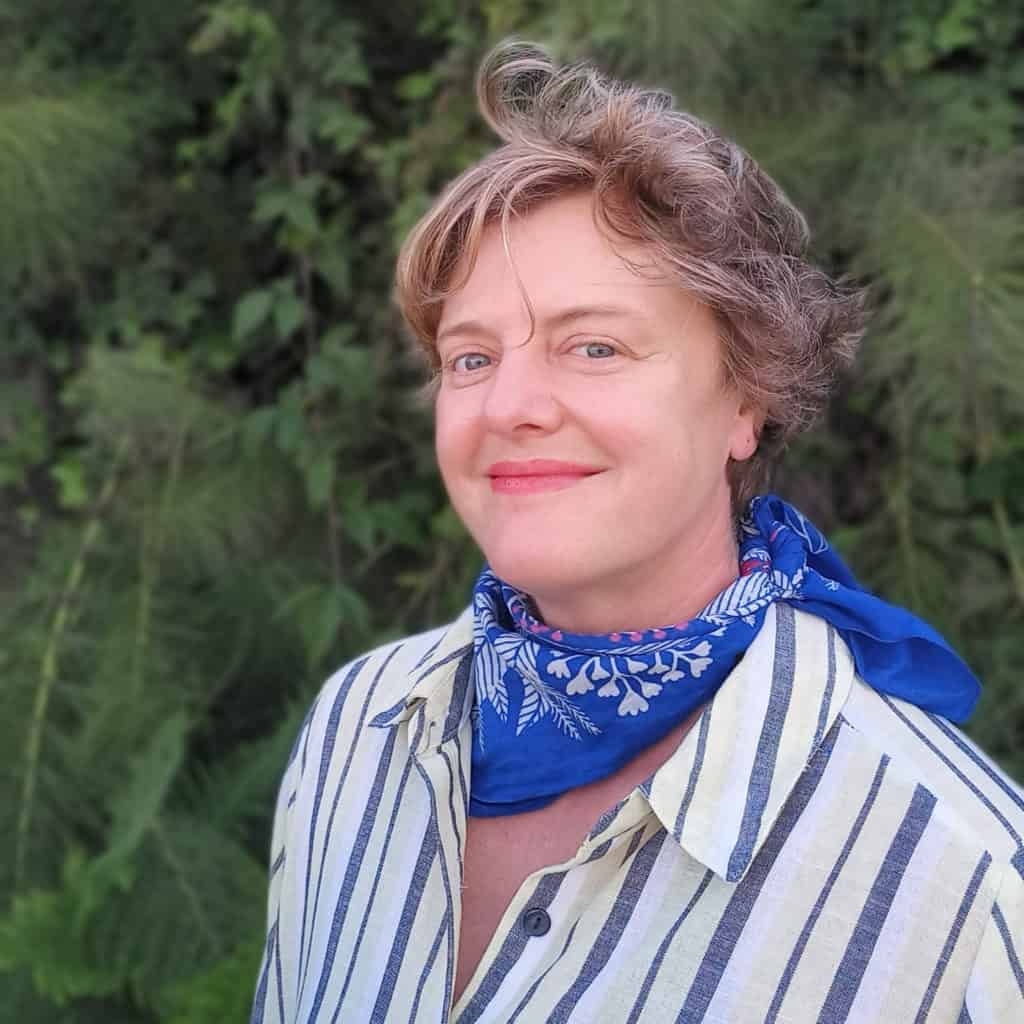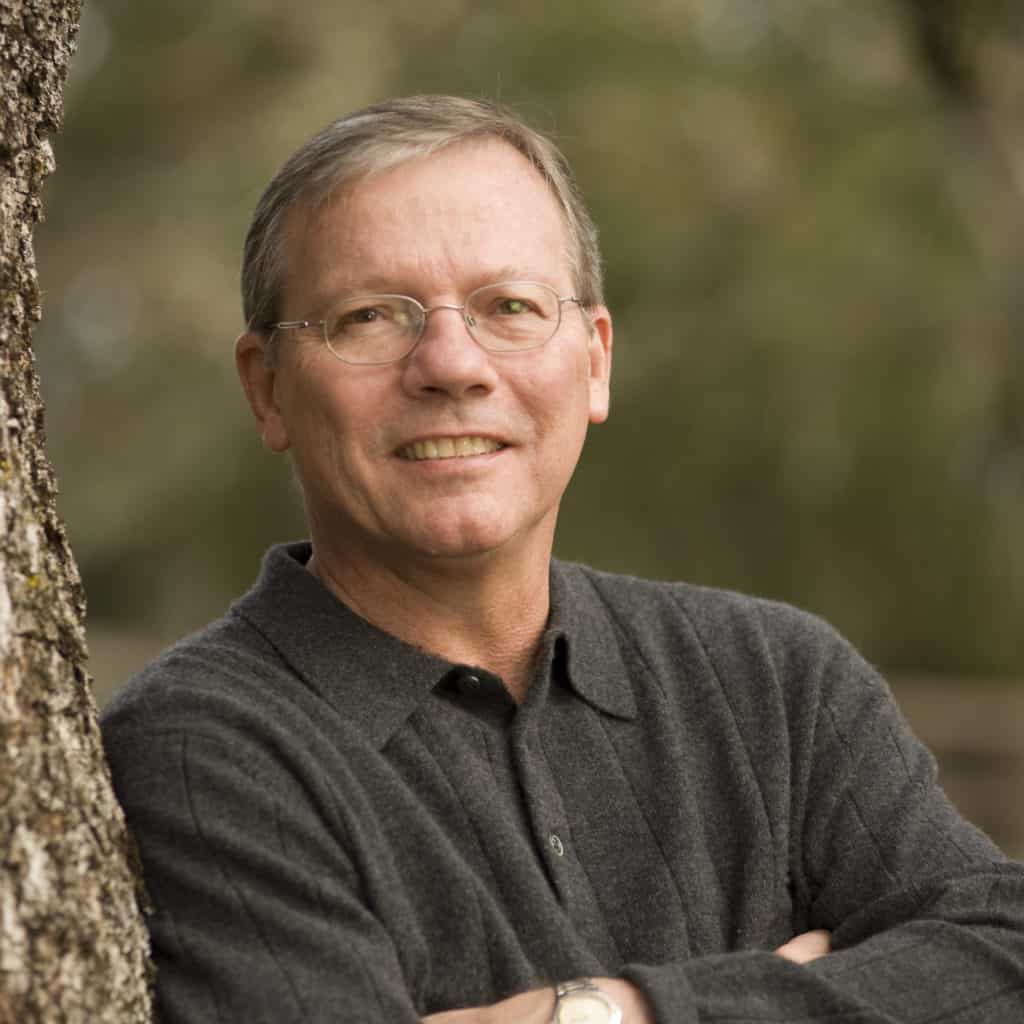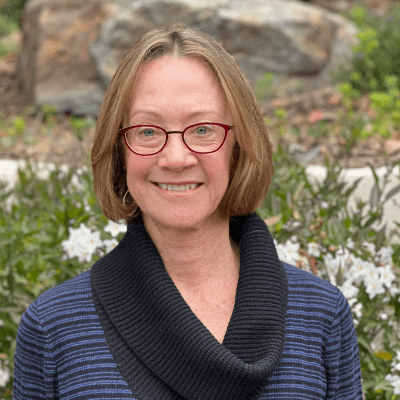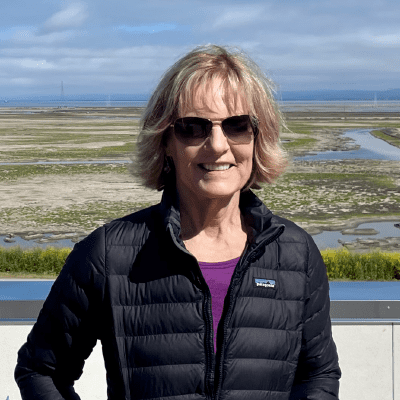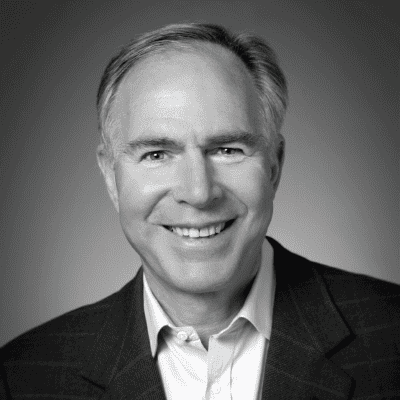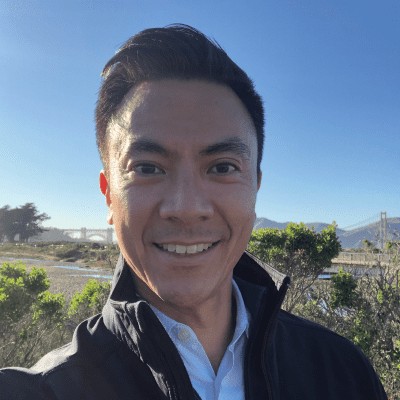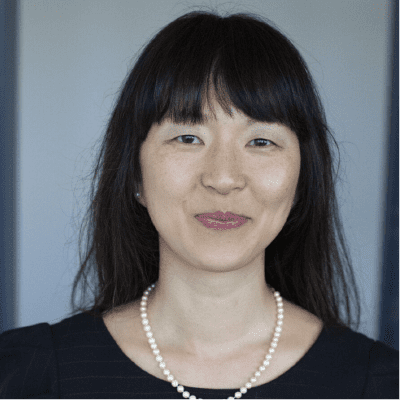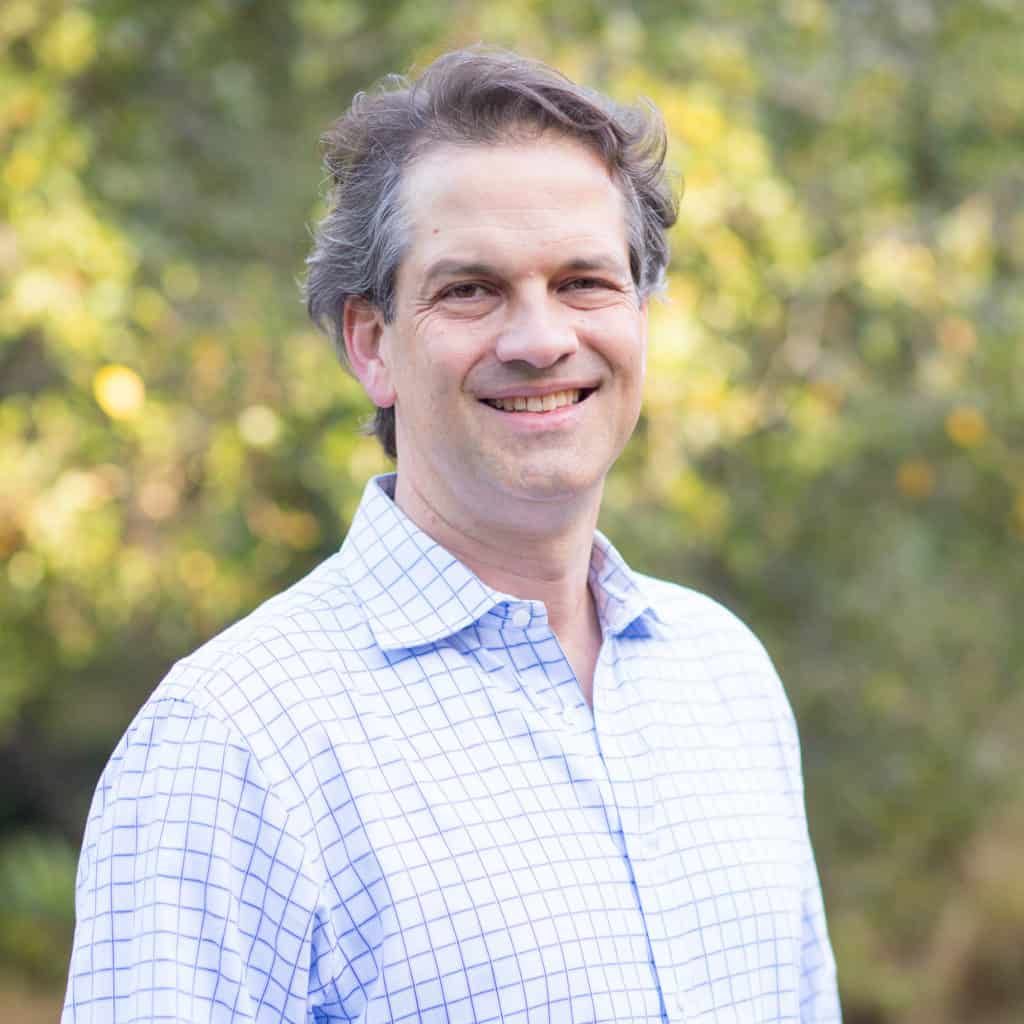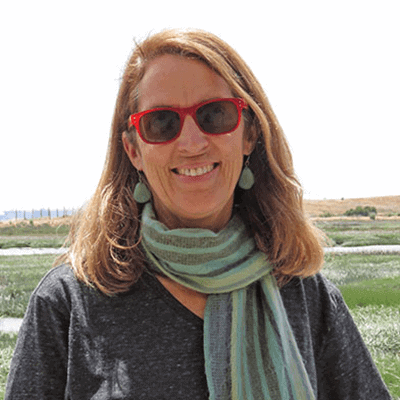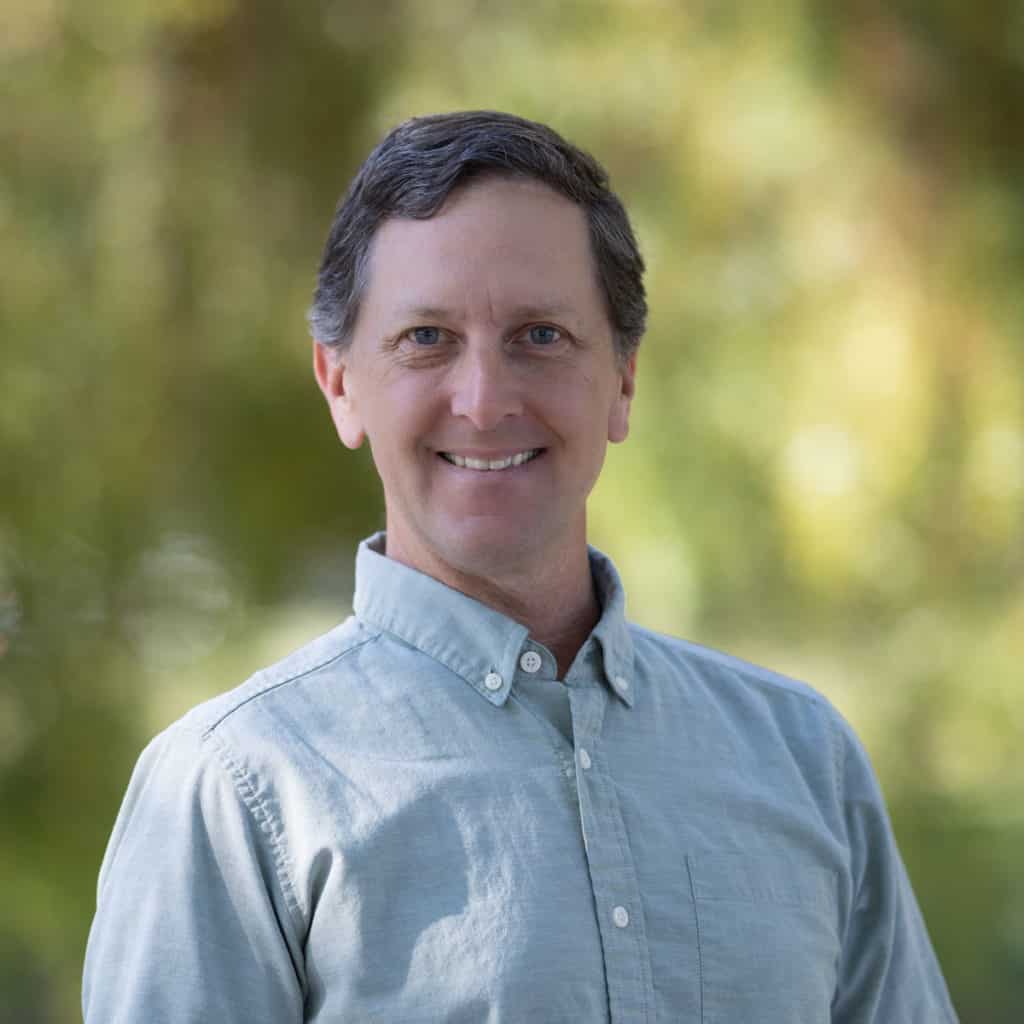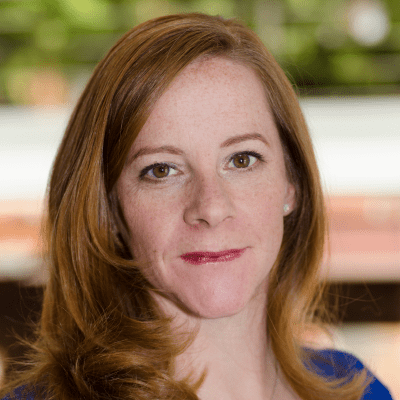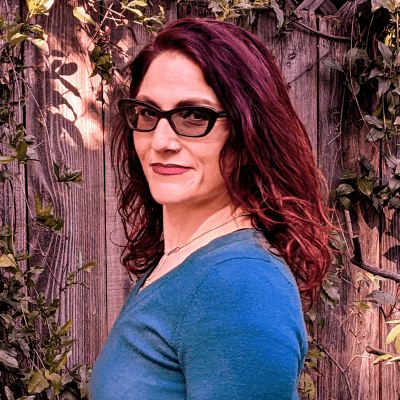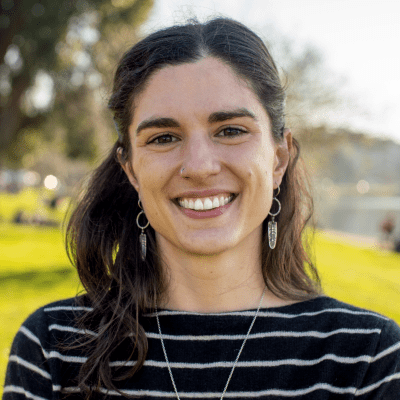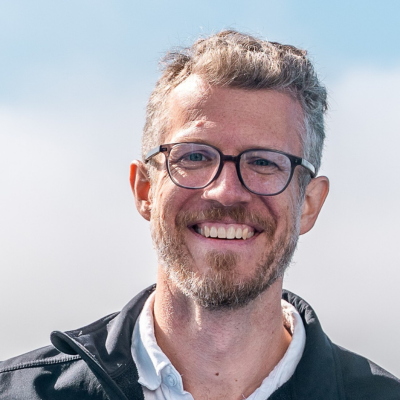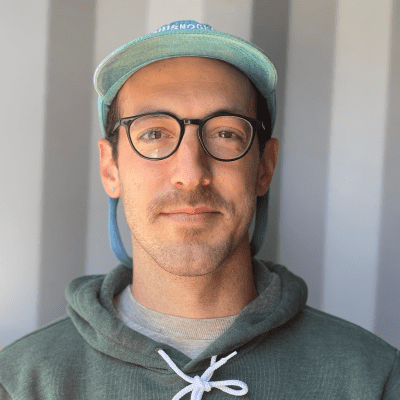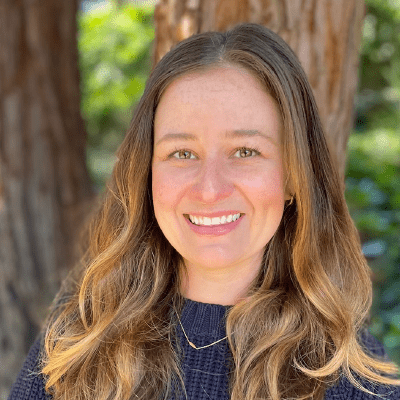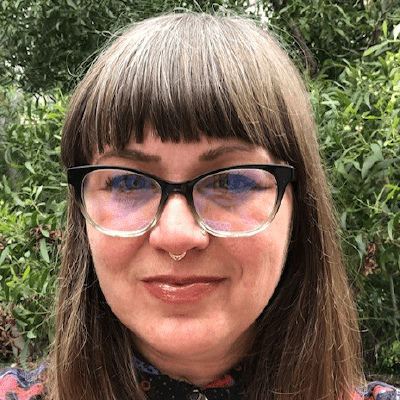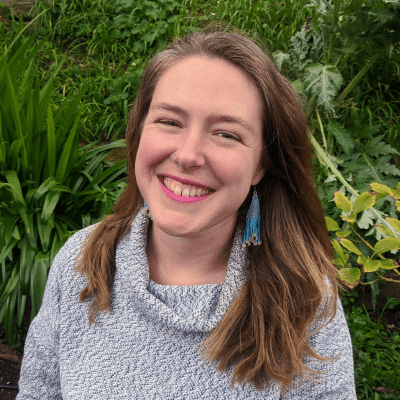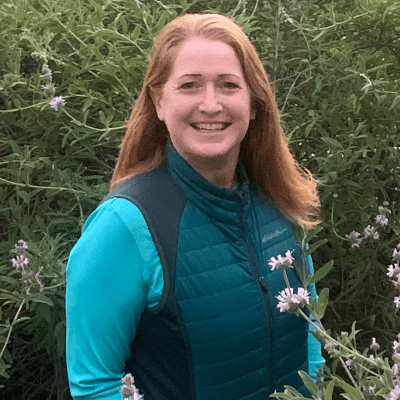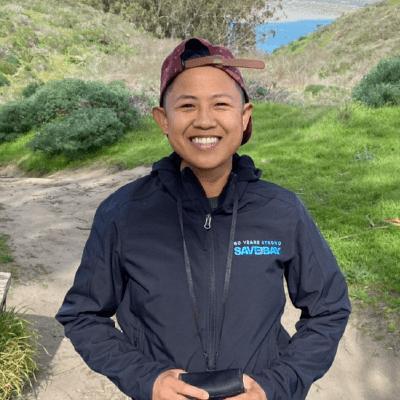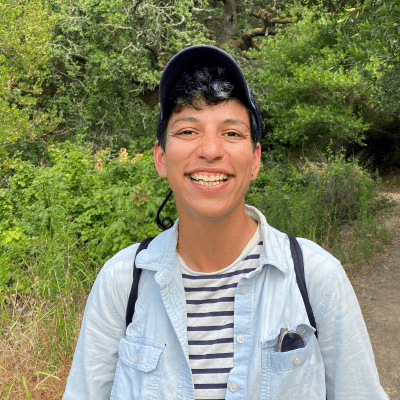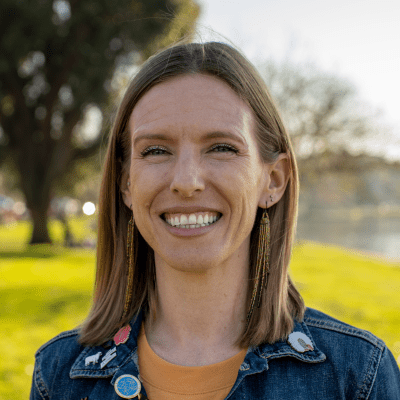
“… you cannot isolate reproductive freedom from environmental justice, racial inequity from economic achievement, or education from poverty.”
Now it is 2017, and I am no longer a fresh-faced teenager or an idealistic college student. I’m a mother, a wife, and a leader at a respected environmental organization. I am much more aware of my privilege, which has influenced in uncountable ways the opportunities I have been given and successes I have achieved. I am acutely attuned to the connectivity of privilege, and how you cannot isolate reproductive freedom from environmental justice, racial inequity from economic achievement, or education from poverty. These issues are inextricably linked – to march for one value means marching for them all. And so, this Saturday, Jan. 21, I will march in Oakland, this time joined by my husband and our two-year-old son. I will march for women’s reproductive justice and equality. I will march because Black Lives Matter, and I cannot escape nor deny my own white privilege or that of my son’s. I will march against climate change deniers because facts are facts, and in the coastal Bay Area we are on the front lines of this battle. I will march for peace around the world and in the streets of Oakland, the city I now call home. I will march for my friends and family members who don’t conform to typical gender roles and should have the same freedom to follow their hearts and love who they love. I will march for immigrants because less than two generations ago it was my grandmother on the boat far from her home seeking a better life. I will represent Save The Bay at this march, but not just Save The Bay. When I march on Saturday, I will be marching for all of my values and all of the communities that I hold dear. I hope you will march with me.

